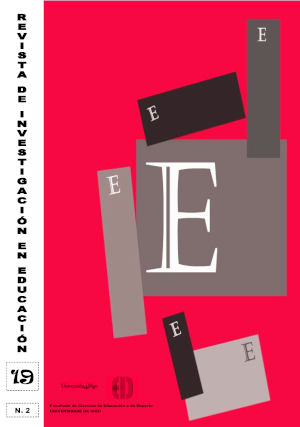El efecto “Bolonia” en las estrategias y estilos de aprendizaje de los estudiantes de Psicología de la Universidad de La Laguna
DOI:
https://doi.org/10.35869/reined.v19i2.3672Palabras clave:
Bolonia, Estrategias, Aprendizaje, MotivaciónResumen
El presente trabajo pretende establecer una comparación en el uso de estrategias de aprendizaje entre aquellos estudiantes que realizaron la carrera de Psicología antes de la implantación del Plan Bolonia y aquellos que lo han hecho posteriormente siguiendo el Plan Bolonia. Se ha llevado a cabo un estudio experimental descriptivo con 2.051 estudiantes que cursaban 3º (Grado) y 4º (Licenciatura) de Psicología. Se evaluaron las estrategias cognitivas, de control en el estudio, los estilos de aprendizaje y las estrategias motivacionales. Se aplicó una prueba de diferencias de medias t-Student para grupos independientes. Los resultados muestran que los estudiantes con el Plan Bolonia utilizan estrategias cognitivas más reproductivas y colaborativas, así como un estilo de aprendizaje más superficial y teórico. El alumnado No Bolonia se decanta por estrategias cognitivas más productivas, por la búsqueda de alternativas, muestran un estilo más autónomo e inmerso y mayor uso de estrategias motivacionales de concentración y ánimo. Se han encontrado claras diferencias en relación con el grado de autonomía, elaboración y profundización en el estudio y los hábitos motivacionales. Estos datos invitan a una reflexión sobre el impacto de la metodología propuesta por el Plan Bolonia, su implantación y el perfil del estudiante y profesional de la Psicología.
Descargas
Descargas
Publicado
Número
Sección
Licencia
El copyright de los artículos publicados pertenece a la Facultad de Ciencias de la Educación y del Deporte de la Universidade de Vigo. La aceptación del trabajo para su publicación implica que los derechos de impresión y reproducción serán propiedad de la Revista. La revista permite al autor depositar su artículo en su web o repositorio institucional, sin ánimo de lucro y mencionando la fuente original. Las condiciones de uso y reutilización de contenidos son las establecidas en la licencia Creative Commons CC BY-NC-ND 4.0 (Reconocimiento - No Comercial - Sin Obra Derivada).



